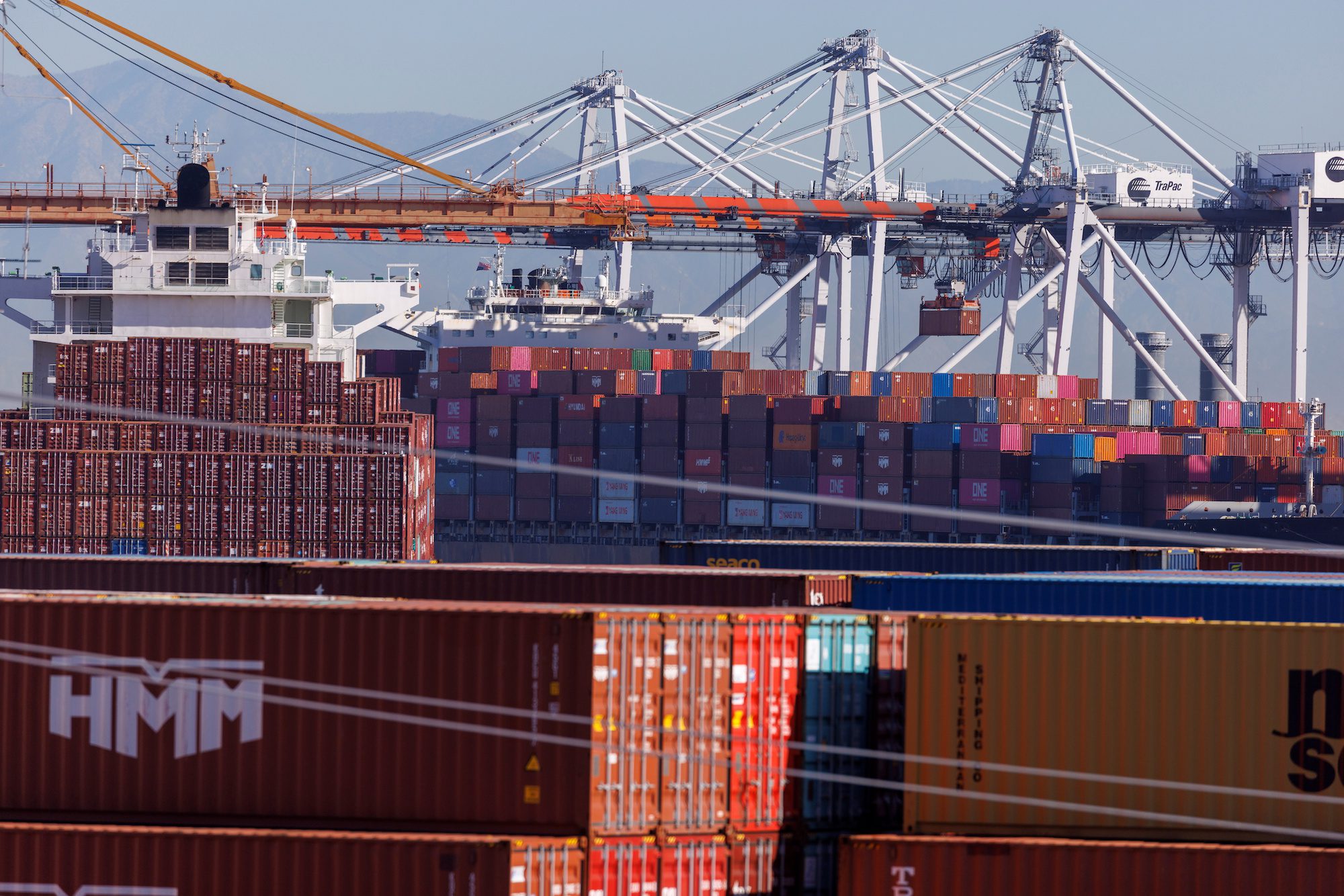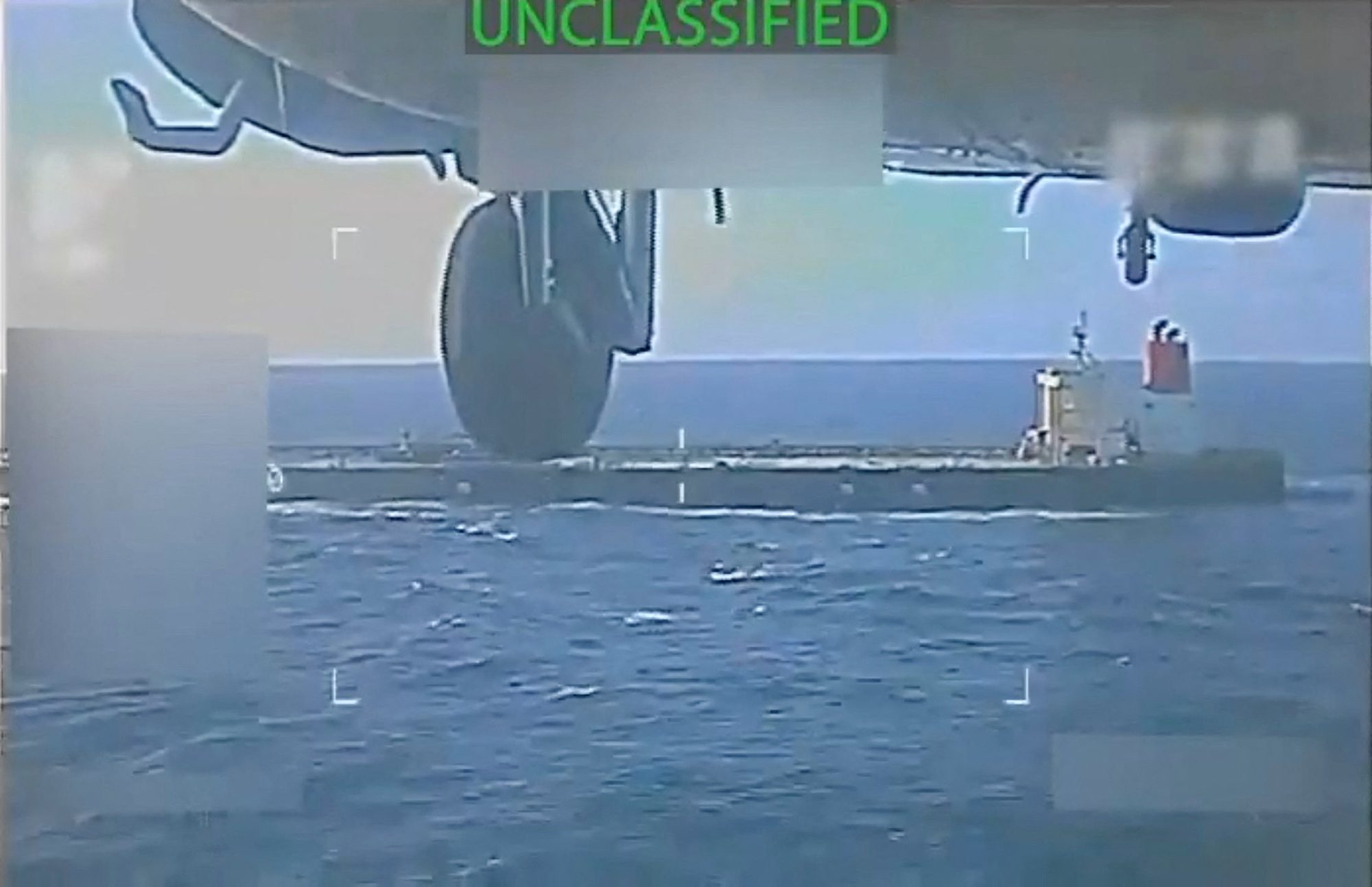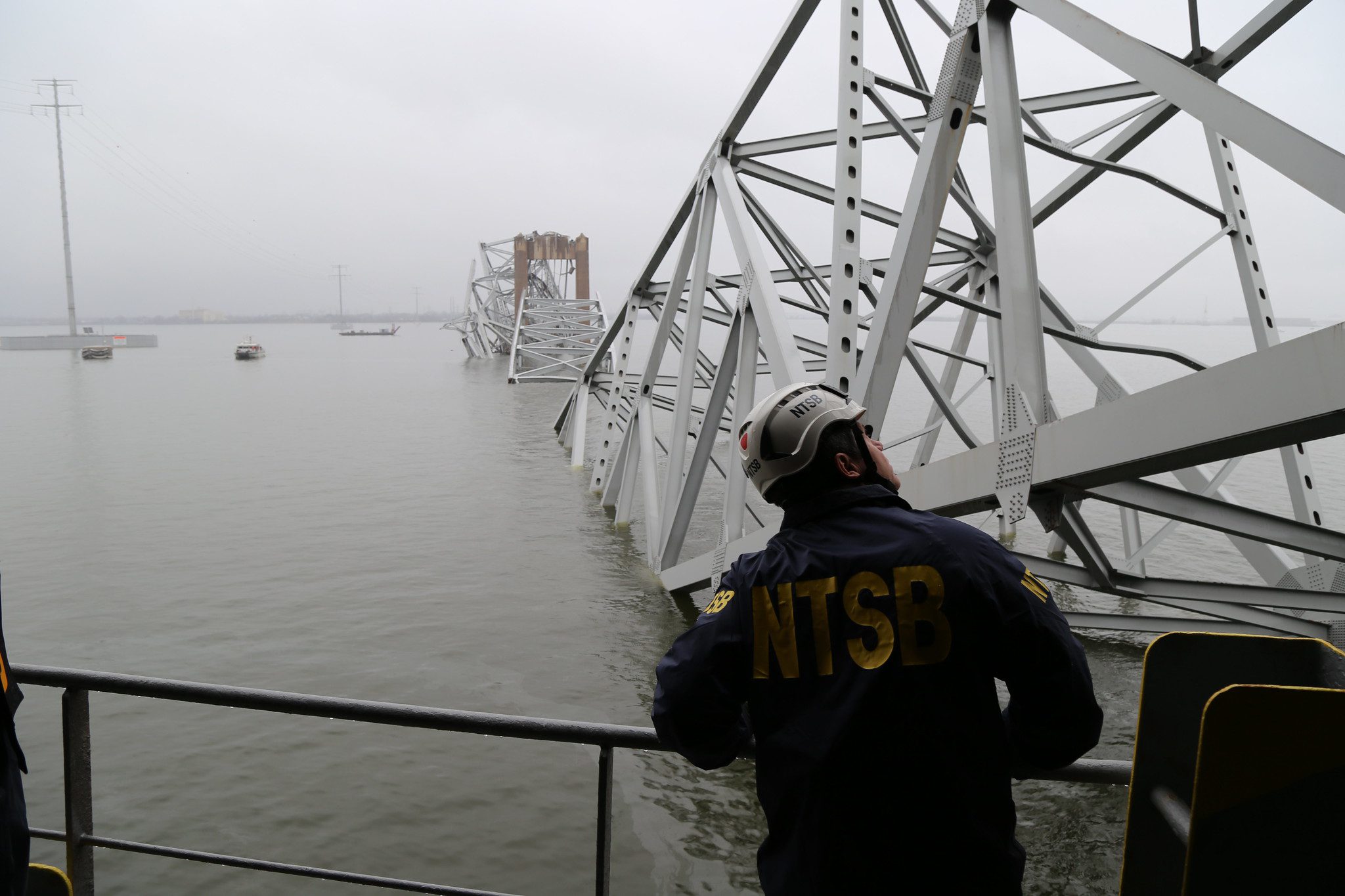In a thought-provoking LinkedIn post, Sam Norton, CEO of Overseas Shipholding Group, has outlined a compelling proposal to bolster the U.S. maritime industry, specifically focusing on expanding the nation’s tanker fleet within the existing Tanker Security Program (TSP) framework.
Norton’s proposal comes in response to a challenge from industry leader Augie Tellez, the executive vice president of the Seafarers International Union, to “think outside the box” in supporting a robust domestic maritime industry.
The proposal centers around a peacetime program that would mandate approximately 5% of estimated daily wartime fuel needs be shipped on US flag vessels to Pacific Ocean destinations from US refineries. This approach, while potentially increasing annual freight costs by $100-$150 million compared to sourcing from Asian refineries, is presented as a “sensible investment in efficacy over efficiency”.
The Tanker Security Program (TSP), authorized as a provision of the National Defense Authorization Act for Fiscal Year 2021, is a U.S. government initiative aimed at boosting the nation’s maritime readiness and security, ensuring a fleet of U.S.-flagged, commercially-operated tanker vessels is available to support the Department of Defense (DoD) during emergencies or conflicts. Modeled after the Maritime Security Program (MSP), the TSP offers financial incentives—through annual stipends—to ship participating operators. Currently, the program includes a fleet of 10 participating tankers, with ongoing discussions about potential expansion. OSG has three medium-range tankers participating in the program.
Norton cites unclassified estimates suggesting US military forces would consume a minimum of 50 million gallons of fuel daily during a Pacific conflict. He says proposed program would not only meet immediate needs but also provide a valuable opportunity to identify and overcome potential wartime supply challenges.
The financial breakdown of the proposal is equally intriguing. Norton suggests that $150 million in incremental annual freight charges for weekly fuel shipments from Gulf Coast refineries to the Pacific would cover roughly one-third of the annual cost of subsidizing a fleet of 30 US flag tankers. The remaining cost differentials could be addressed by increasing TSP funding from $60 million to $250 million per annum. In total, the plan to sustain 30 US flagged MR tankers in the TSP would cost approximately $400 million annually.
To fund this initiative, Norton proposes a novel solution: an export levy of 1 cent per gallon on the roughly 125 million gallons of gasoline and diesel fuel exported daily by US oil companies. Norton says this levy would fully cover the $400 million annual cost of maintaining the proposed 30-ship tanker fleet.
Norton draws a compelling comparison to highlight the relative affordability of his proposal. He notes that the suggested 1 cent per gallon levy is a fraction of the current federal fuel taxes on gasoline (18.4 cents) and diesel (24.4 cents), which generate over $35 billion annually for the Federal Highway Trust.
The post concludes with a powerful argument for prioritizing maritime logistical readiness. Norton questions whether maintaining such readiness, at a cost of only 1% of federal highway spending, doesn’t “demand equal attention”. He reinforces this point with a quote from former U.S. Navy SEAL Marcus Luttrell: “You play like you practice and you practice like you play”.
This proposal comes amid ongoing dialogue about strengthening the U.S. maritime industry and ensuring national security, and challenges policymakers and industry leaders to consider innovative funding mechanisms that could enhance America’s naval logistics capabilities while supporting domestic shipping interests.

 Join The Club
Join The Club










